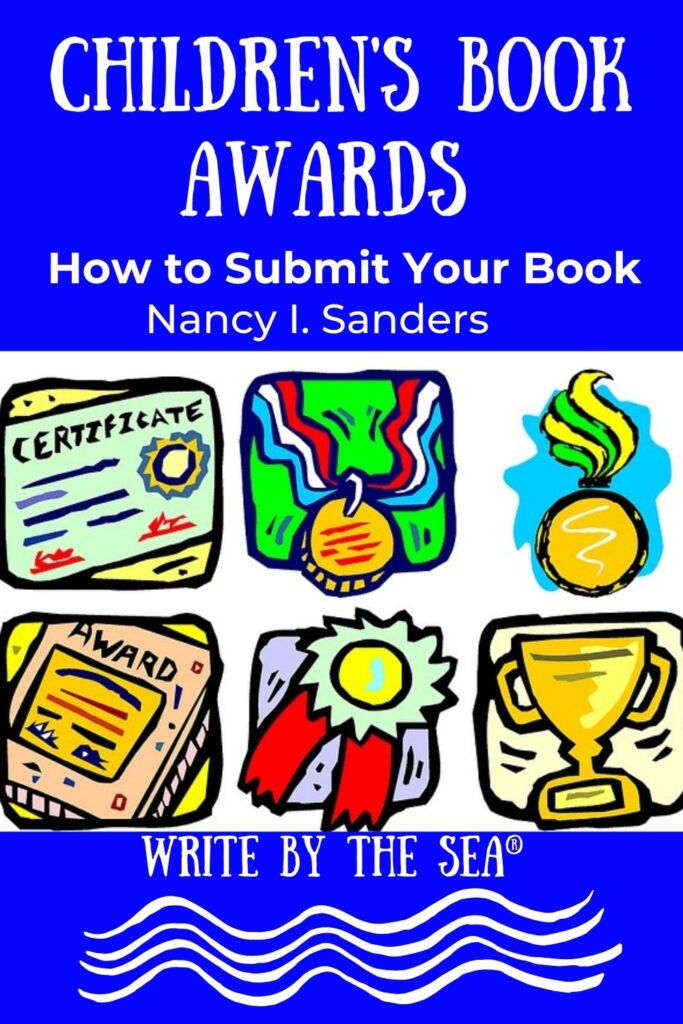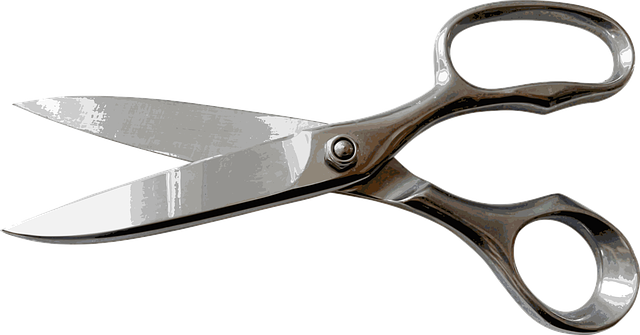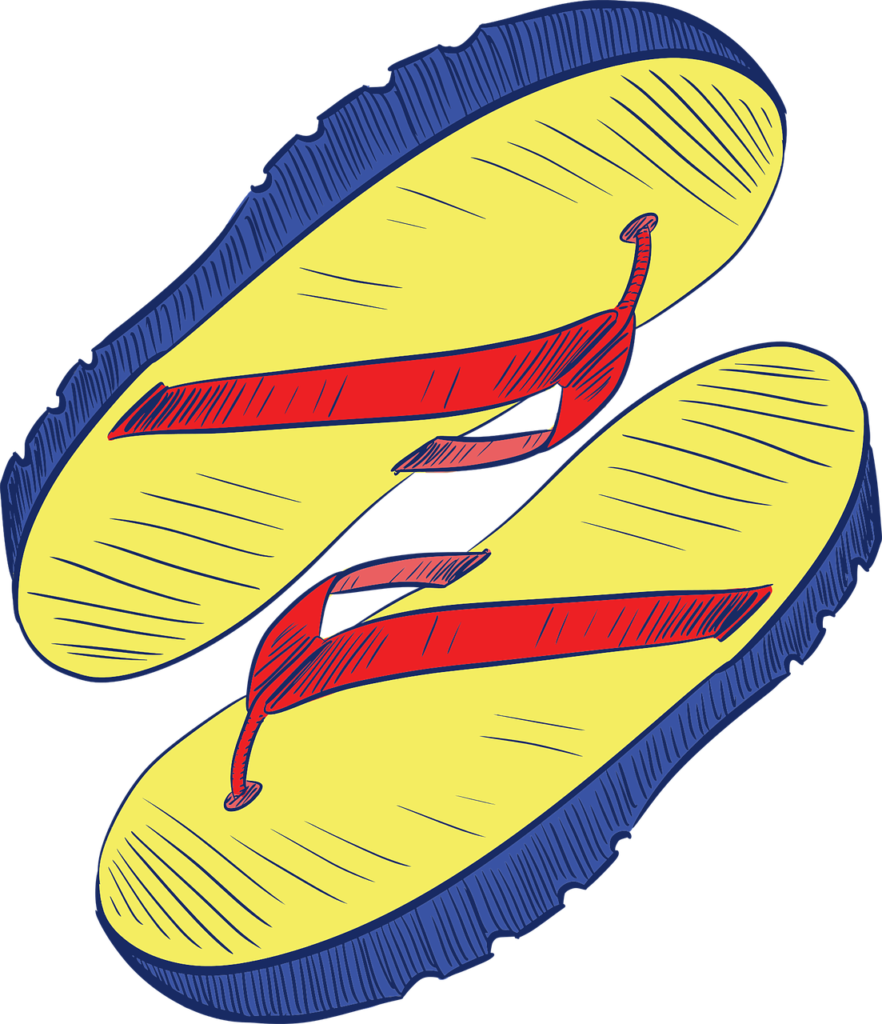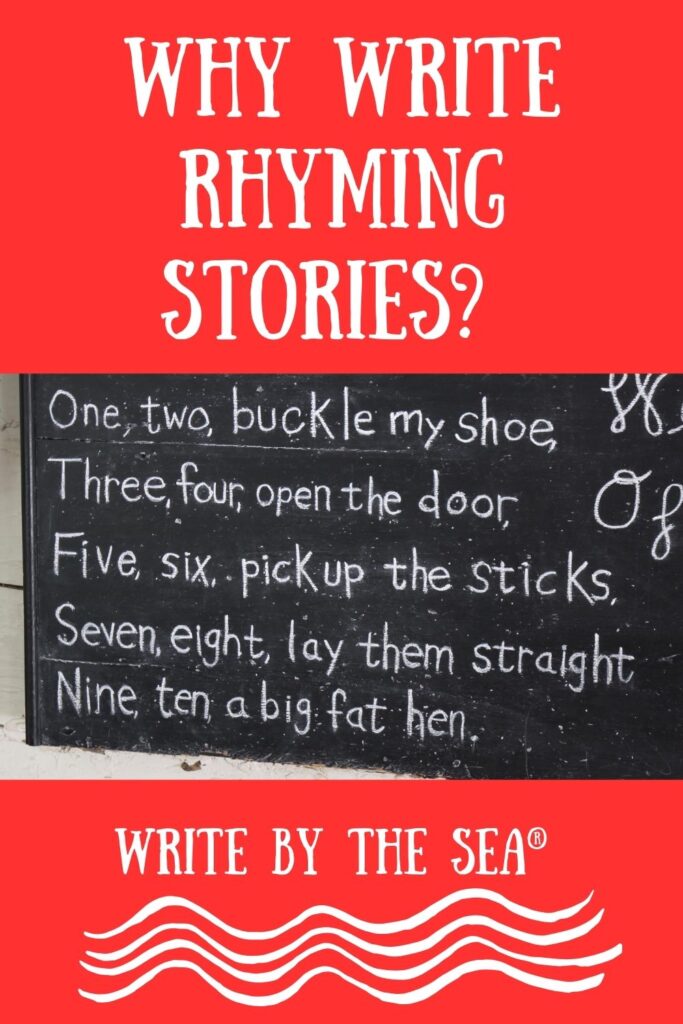Today I planted flower seeds in my garden.
Last fall, I pulled up my dead flowers and threw them in the trash.
But I took time to collect seeds from some of the flowers before I got rid of them.
I collected seeds from yellow marigolds, orange marigolds, and milkweed.
I stored these seeds all winter in my tool shed in carefully marked containers.
Over the winter, I’ve made various plans about where I wanted to plant them in different spots in my garden.
Finally, spring has arrived.
So today I planted four 6-packs of yellow marigold seeds, one 6-pack of orange marigold seeds, and one 6-pack of milkweed seeds.
I put two seeds in each space because I’ve learned from experience that some seeds don’t sprout.
I’d rather have two spouts in each space than nothing come up at all.
Ideas are like seeds.
As children’s writers, we all have ideas that come to us much like seeds appear in a flower garden.
When we get an idea, we can either choose in that fleeting moment to allow that idea to slip away from us and disappear (as the seeds that were thrown in the trashcan) or we can choose to stop in our tracks and write down those ideas.
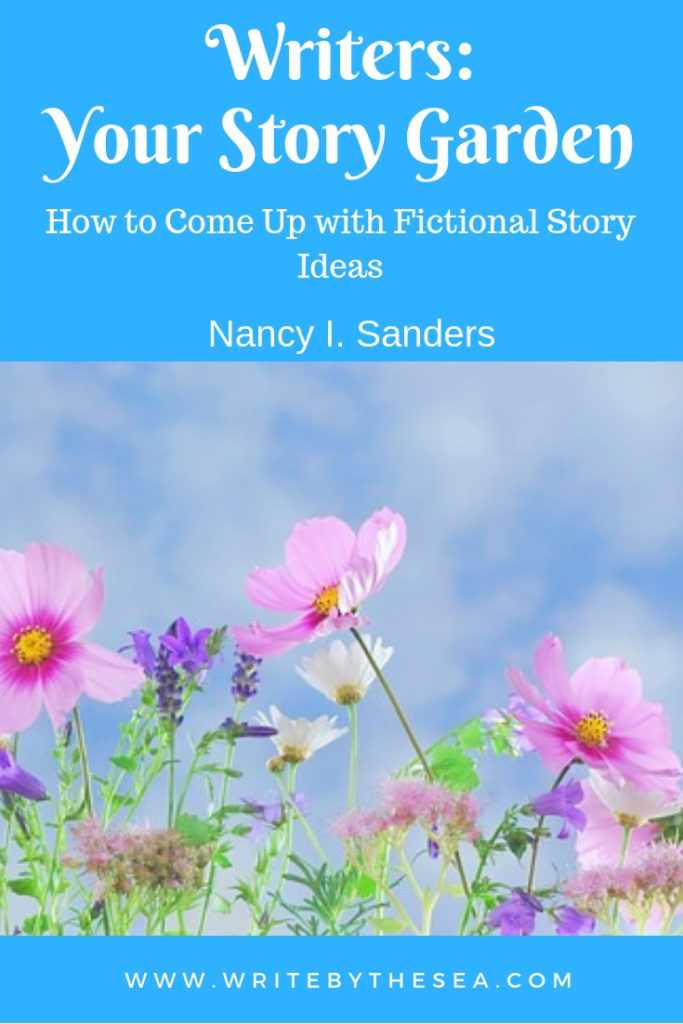
I like to collect the ideas that come to me.
I have several pocket folders labeled “Ideas” and in these pocket folders I have individual file folders with scraps of paper inside each one that contain snippets and tidbits of raw ideas I’ve had.
I keep these ideas in these folders much like I store my flower seeds all winter in my tool shed.
Many children’s writers I know never get past the idea stage.
They have ideas…marvelous ideas!
But they rarely write them down.
And most never develop them into a story with a beginning, a middle, and an end.
It’s almost as if there’s a fear that the idea won’t be strong enough or their writing won’t be professional enough or their story won’t be good enough.
If I leave my packets of seeds in the tool shed, I’ll never know which ones will actually grow into flowers and which ones won’t.
So I take time to plant them.
Then, when they’re actually in the dirt and getting watered and receiving warmth from the sunshine, something miraculous starts to happen.
The seeds come to life.
They change from hard little kernels into living plants with green stems and leaves.
And beautiful flowers begin to bloom.
It’s the same with ideas.
If I don’t write my ideas down, or if I leave my ideas in folders, I’ll never know which ones will be good enough for me to use my current level of writing skills to craft a story that will catch an editor’s eye.
So I have to take time to sit down at my computer and type down my ideas and develop them into actual stories.
Then, when they’re finally written down in the shape of a manuscript, something miraculous starts to happen.
The ideas come to life.
They change from tiny kernels into living manuscripts with a beginning, a middle, and an end.
Characters come to life and a story is born.
If you’ve been avoiding writing…actual typing words onto a document page…learn to press forward through your fears.
Chances are, your idea isn’t very strong yet.
Chances are, your writing isn’t very professional yet.
Chances are, your story isn’t very good…yet.
But if you just establish the regular routine of writing, day after day, and start getting your ideas onto the pages of a manuscript, something miraculous will begin to happen right before your very eyes.
Your idea will become stronger.
You’ll learn how to fix and improve your weaknesses as a writer.
Your story will come to life!
And soon you’ll bloom, just like a flower, and you’ll be writing stories to give to children.
You’ll get these stories published.
And your story garden will grow and grow and grow!
For more writing tips from the garden, read my blog post, Characters are Like Flowers.
About Nancy I. Sanders
 Nancy I. Sanders loves to help writers experience success along their writing journey.
Nancy I. Sanders loves to help writers experience success along their writing journey.
Get her two how-to books for children’s writers and get in the know!
For more information about her books, visit http://yesyoucanlearn.wordpress.com

